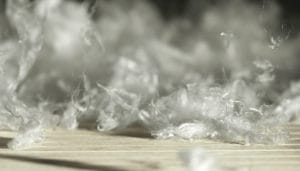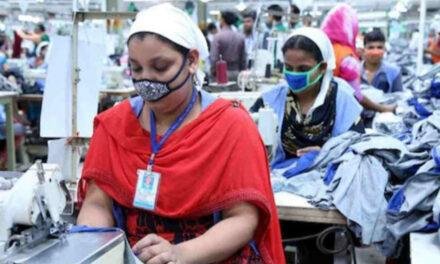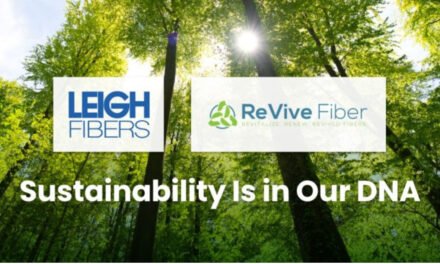The Lenzing Group’s focus on specialty fibres and its sCore TEN strategy have seen it remain in a strong financial position despite a challenging market environment with historically low prices for standard viscose.
The company, which makes Tencel, Veocel and Refibra, says that thanks to ongoing high demand for ‘sustainably’ produced textile fibres, viscose price presure was largely offset.
Lenzing has released its financial results for the first half of 2019, disclosing both a 1.2 per cent revenue increase and a 15.9 per cent net profit decrease. However, despite the latter the company has said that it is “solid in a significantly more challenging market environment.”
Revenue for the period stood at €1.09 bn, whilst net profit dropped from €91.3 mn in 2018 to €76.8 mn.
Capital expenditures also dropped by 18.9 per cent to €95.1 mn in the first half of 2019. Lenzing noted that this decline is temporary, attributed to the completion of its Austrian expansion project in 2018. Going forward, it says, the planning for major projects in Brazil and Thailand will have a significant effect on investment volume in coming quarters.
In Sao Paulo, Brazil, Lenzing is partnering with industrialised wood panel producer Duratex through a joint venture to build a single line dissolving wood pulp plant and secured a plantation of 43,000 hectares that will provide FSC certified biomass in line with Lenzing’s wood and pulp sourcing policy.
Stefan Doboczky, CEO of Lenzing, said: “Fully in line with our sCore TEN strategy, our specialty fibre business is developing very positively, which has made us significantly more resilient today than a few years back.
“The investment in new production capacities for lyocell fibers and the focus on our Tencel and Veocel product brands will make us even more resistant to market fluctuations and strengthen our position as a leading supplier of specialty fibers. The first phase of this ambitious growth plan is the construction of a state-of-the-art lyocell plant in Thailand,” he noted.






















